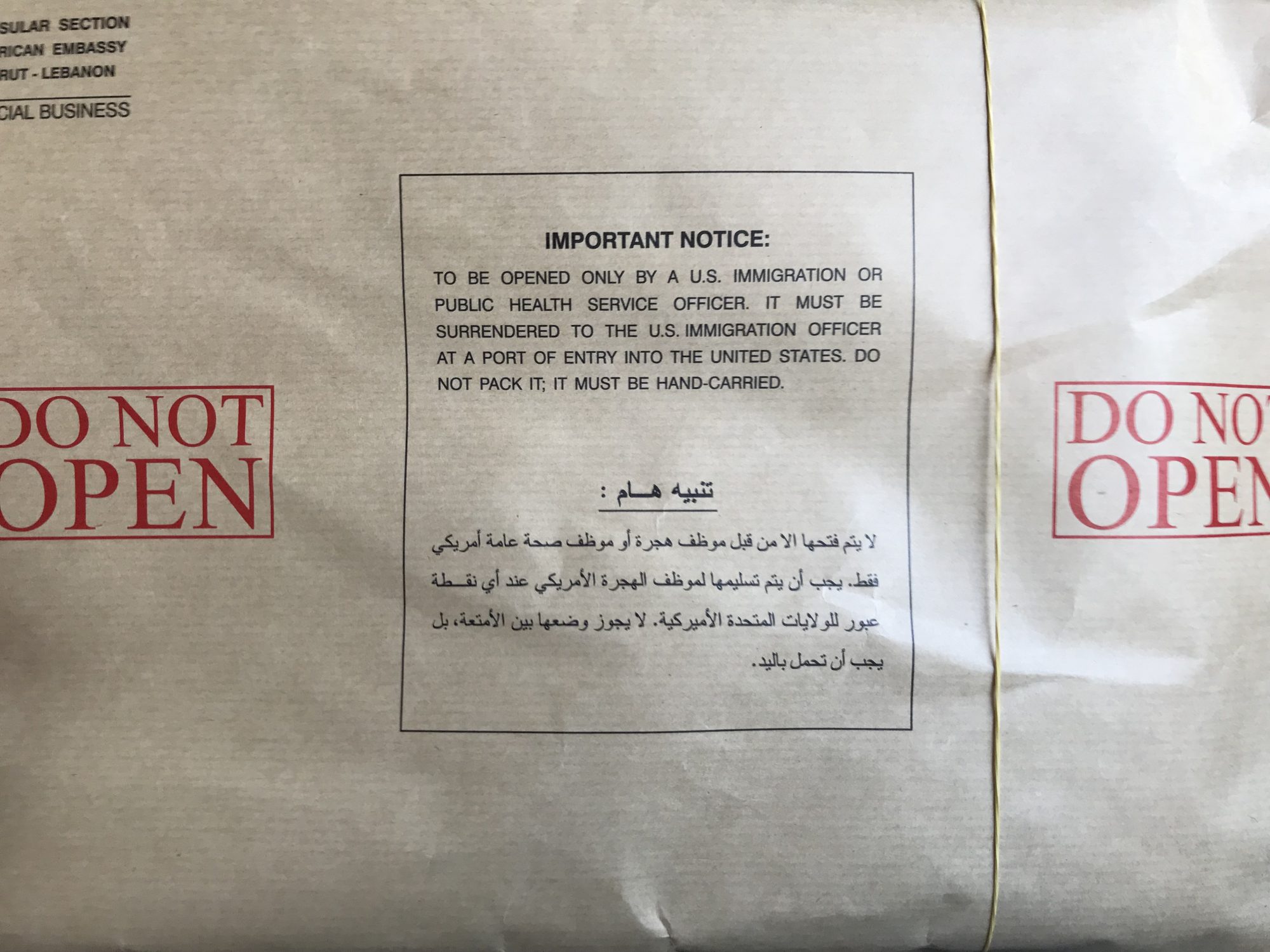There’s something that happens whenever I read scripture; I find myself looking for God in the gaps—not “the God of the Gaps,” that theological sleight of hand that calls “God” any explanatory rabbit pulled out of every mysterious hat, but rather, the spirit of God’s lessons for us, today, at the margins, in the silences, on the thresholds—in any place we overlook. That these gaps exist is undeniable; so what, if anything, is the Spirit saying to God’s people there?
We can ask this question in different ways when reading this Sunday’s gospel text. This event—often called the Feeding of the Five Thousand—is the only miracle that all four evangelists include; so why don’t we celebrate something like a Feast of the Multiplication? The early Church clearly thought that this incredible feat was historic—a crack in reality that would have been truly shocking to experience, even if one’s faith in this itinerant teacher, healer, and miracle worker named Jesus was already strong—so why have Christendom’s centuries made its memory more faint? Why is the Multiplication both in the center and at the margins of our tradition?
And why does John include a seemingly minor detail that no one else does? After everyone was fed and satisfied, Jesus instructed his followers to “gather up the fragments left over, so that nothing may be lost.” John wrote his gospel last, so you’d think that a “throwaway” comment like that would be de-emphasized over time, not the other way around. And yet, John’s eagle-eye still notices this tiny morsel from high up there on his lofty theological heights. Is that the whole point?
My bias is to find God in this incongruity—to see that the significance of Jesus’s refusal to either litter or waste food is also his refusal to leave anything or anyone behind; to look for how this fragment is actually God’s insistent and persistent fidelity to all flesh—God’s solidarity with the whole of Creation. It’s my bias to then hear in that fragment God’s insistent and persistent call for our solidarity—to go back and gather up all the fragments we’ve neglected in our rush to transcend and synthesize, to make sure that nothing may be lost through our desire to draw conclusions and take action. That we neglect to do that so often–that we don’t even mark this event as we probably ought to—is also part of the point.
Here is the Church: always reforming, always universal, always born again in every individual heart—for even we are far from absolute and complete unities in and of ourselves; each one of us is a relative and fragmentary multiple—scattered, gathered, and scattered again. It is in God’s insistent and persistent lovingkindness that we are made whole.
Published in The Key, parish newsletter of St. Peter’s Seattle, July 23, 2021
